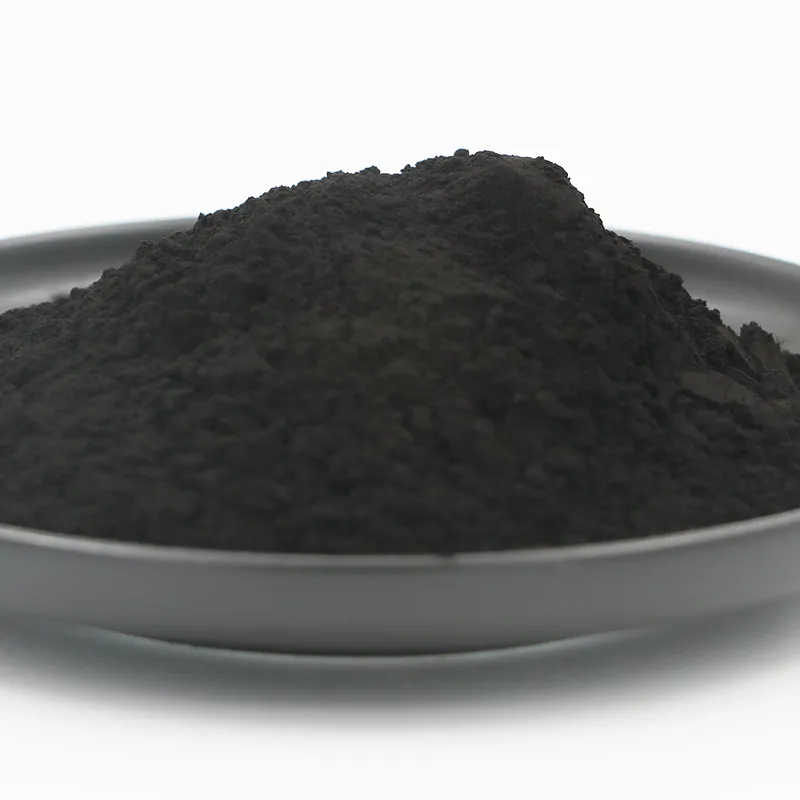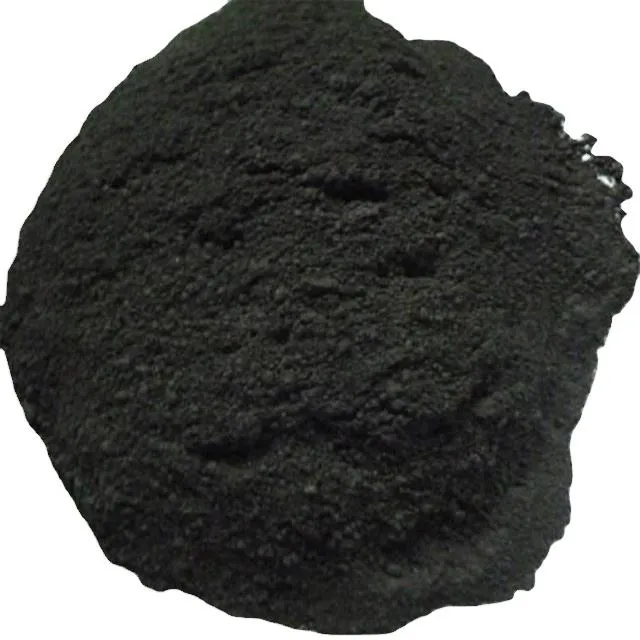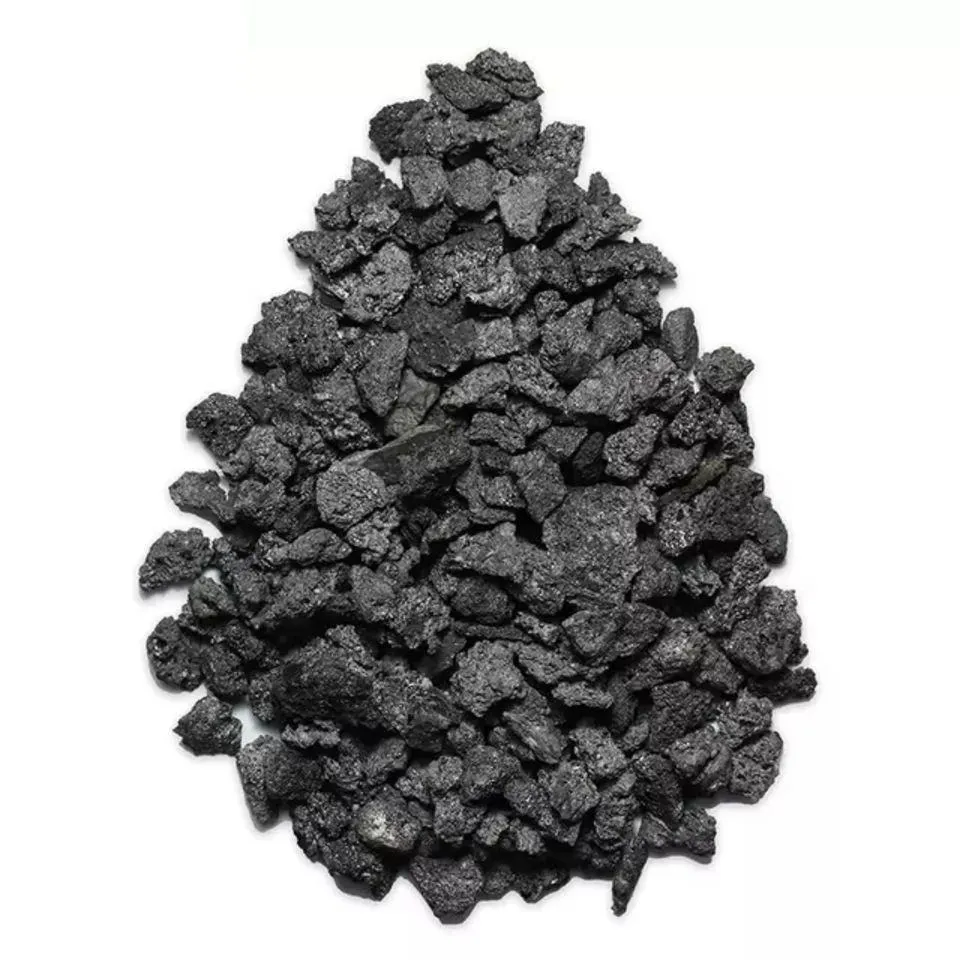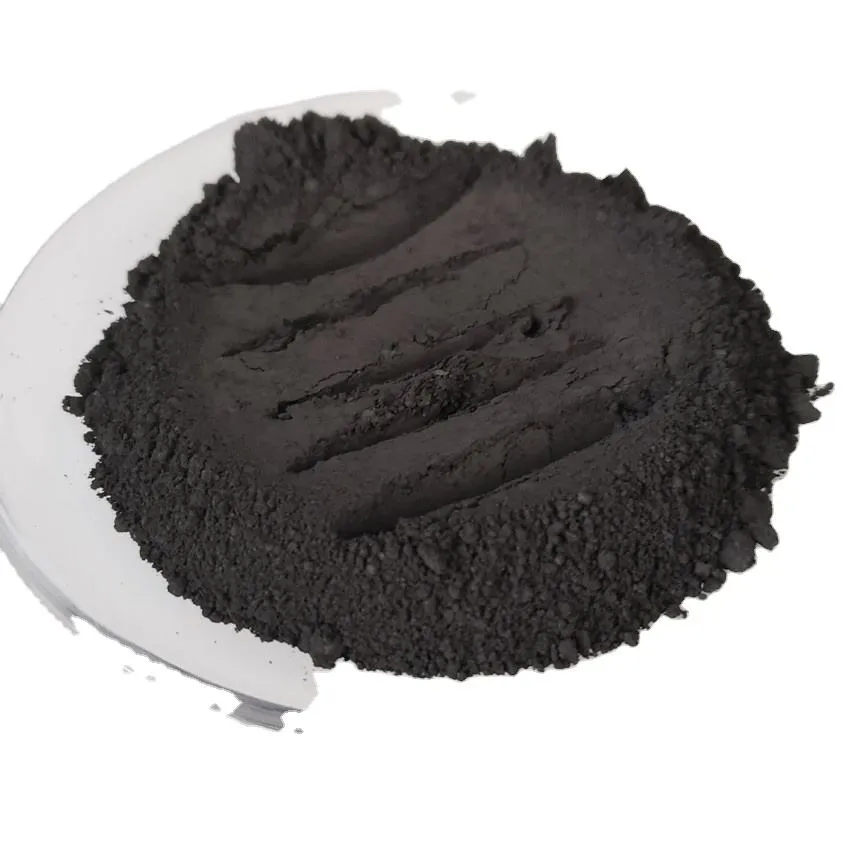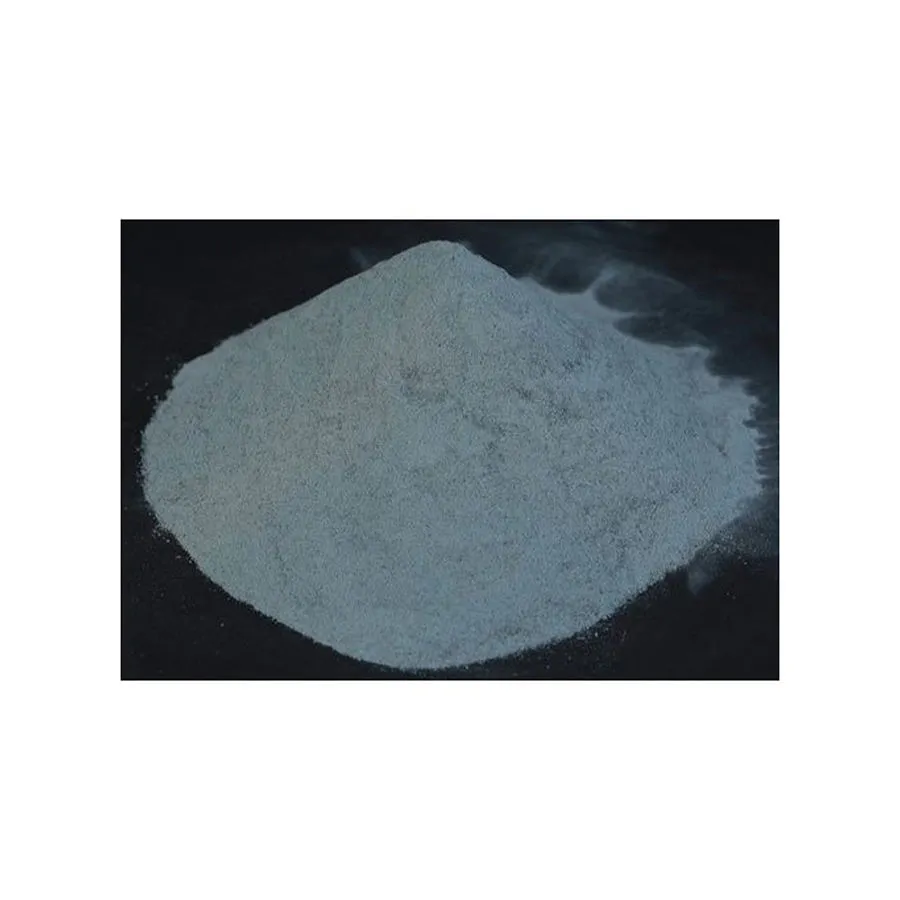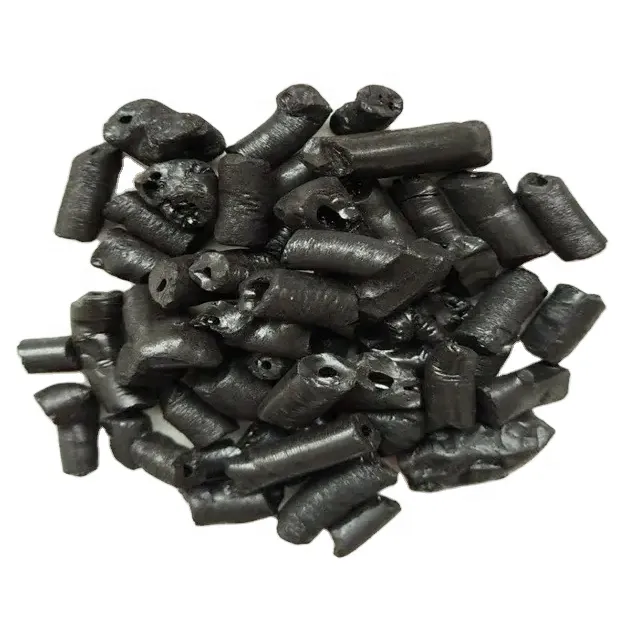Gilsonite and asphalt emulsion are two commonly used materials in the construction industry, particularly for asphalt-based applications such as pavement construction, sealing, and repair. Both materials have distinct characteristics and offer different advantages. In this article, we will provide a comparative analysis of Gilsonite and asphalt emulsion, exploring their properties, applications, benefits, and limitations.
Properties and Composition
Gilsonite, also known as uintaite, is a naturally occurring solid hydrocarbon derived from bitumen. It is mined from specific locations around the world, with the largest deposits found in the United States, Iran, and Turkey. Gilsonite is characterized by its high carbon and low volatile content, which gives it excellent binding properties and exceptional resistance to ultraviolet (UV) light and weathering. It is typically used as a mineral additive and binder in various asphalt mixtures.
On the other hand, asphalt emulsion is a suspension of asphalt fine particles in water, stabilized with an emulsifying agent. It is produced through a process called emulsification, where asphalt cement is mixed with water and emulsifying agents in specialized equipment. The emulsion forms a stable dispersion of small asphalt droplets in water, suitable for a range of applications. These emulsions can be anionic, cationic, or non-ionic, depending on the type of emulsifying agent used.
Applications
Gilsonite is primarily used as a mineral additive in the production of asphalt mixtures. Its unique properties make it suitable for various applications such as pavement construction, crack sealing, and surface treatment. When added to asphalt, Gilsonite improves the mix’s durability, reduces rutting and aging, and enhances resistance to moisture damage. It also provides superior performance in higher-temperature environments.

Asphalt emulsion, on the other hand, has a broader range of applications due to its versatility. It is commonly used for surface treatments, tack coats, chip seals, micro-surfacing, and cold mix asphalt applications. The ability to produce different types of asphalt emulsions allows for customization based on specific project requirements. For example, slow-setting emulsions are used for surface treatments and chip seals, while rapid-setting emulsions are suitable for cold mix asphalt applications.
Benefits and Limitations
Gilsonite offers several benefits over asphalt emulsion. Its outstanding UV resistance ensures enhanced longevity and reduced maintenance requirements. Gilsonite-modified asphalt mixtures also demonstrate improved resistance to deformation, cracking, and moisture damage. Additionally, Gilsonite’s unique binding properties enable higher flexibility and improved adhesion between aggregates, resulting in stronger pavement structures.
However, Gilsonite has some limitations. Its sourcing is limited to specific geographic regions, making it more expensive compared to asphalt emulsion. The modification process also requires careful control to ensure the correct dosage and homogeneity of the mineral additive.
Asphalt emulsion, on the other hand, offers the advantage of lower costs and wider availability compared to Gilsonite. It is easy to handle and apply, making it suitable for a range of construction projects. Moreover, asphalt emulsion can be easily modified by incorporating various additives or polymers to enhance specific performance characteristics.
However, asphalt emulsion has limitations, particularly in terms of UV resistance and long-term durability. Emulsions are more susceptible to degradation and may require more frequent maintenance compared to Gilsonite-modified asphalt mixtures.

In conclusion, Gilsonite and asphalt emulsion are both valuable materials for asphalt-based construction applications. Gilsonite-modified asphalt mixtures offer enhanced durability, UV resistance, and improved adhesion between aggregates. Meanwhile, asphalt emulsion provides versatility and cost-efficiency while allowing for easy modification. The choice between Gilsonite and asphalt emulsion ultimately depends on project requirements, budget, and performance expectations. Selecting the most suitable material for each project is crucial to ensure long-lasting, high-quality asphalt pavement structures.



